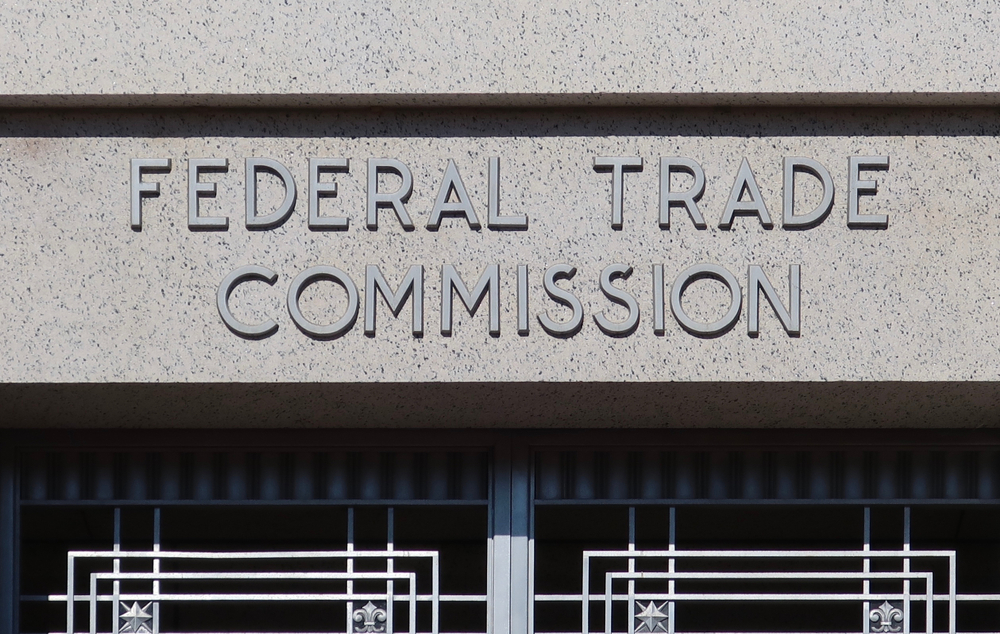
In a decisive move, US antitrust agencies are adopting a tougher stance on directors who serve on the boards of competing companies, underscoring a widening crackdown on cases that contravene federal law, reported The Financial Times.
Known as “interlocking directorates,” such arrangements among competing entities are largely prohibited in the US due to the heightened risk of illicit collaboration across business sectors.
This week, the Department of Justice (DoJ) revealed that two directors at Pinterest had stepped down from their positions on the board of the social media platform Nextdoor. This response came in the wake of regulatory scrutiny, with this latest development marking the 15th instance of board resignations prompted by the DoJ’s antitrust unit.
Related: Pinterest Directors Resign Board Over DOJ Antitrust Crackdown
Echoing the DoJ’s policy drive, the Federal Trade Commission (FTC) also took a significant step this week by preventing private equity firm Quantum Energy Partners from assuming a board seat at EQT, the largest US natural gas producer. This action was linked to a substantial $5.2 billion deal between the two entities. The FTC’s decision was grounded in section 8 of the 1914 Clayton Antitrust Act, which explicitly prohibits interlocking directorates.
Notably, this marked the FTC’s inaugural formal enforcement action related to section 8 in nearly forty years.
FTC Chair Lina Khan shared insights into the agency’s rationale, stating, “In the past year, our colleagues at the DoJ’s antitrust division have actively sought to reinvigorate Section 8, effectively reinstating awareness among market participants.” She further emphasized that the FTC’s action concerning EQT and Quantum contributes to this broader effort.
Lina Khan and Jonathan Kanter, who heads the DoJ’s antitrust division, represent a new wave of progressive antitrust officials appointed by President Joe Biden. They are fervently targeting instances of what they perceive as undue corporate dominance in the economy.
Source: FT
Featured News
Google and South Carolina Clash Over State Records Demand
May 8, 2024 by
CPI
Telefonica Germany Teams Up with Amazon Web Services to Migrate 5G Customers
May 8, 2024 by
CPI
Federal Judge Grants $7.4 Million Settlement in Pork Price-Fixing Case
May 8, 2024 by
CPI
Wilson Sonsini Bolsters Antitrust and Competition Practice with Key Partner Returns
May 8, 2024 by
CPI
EU to Scrutinize Telecom Italia’s Network Sale to KKR
May 8, 2024 by
CPI
Antitrust Mix by CPI
Antitrust Chronicle® – Economics of Criminal Antitrust
Apr 19, 2024 by
CPI
Navigating Economic Expert Work in Criminal Antitrust Litigation
Apr 19, 2024 by
CPI
The Increased Importance of Economics in Cartel Cases
Apr 19, 2024 by
CPI
A Law and Economics Analysis of the Antitrust Treatment of Physician Collective Price Agreements
Apr 19, 2024 by
CPI
Information Exchange In Criminal Antitrust Cases: How Economic Testimony Can Tip The Scales
Apr 19, 2024 by
CPI